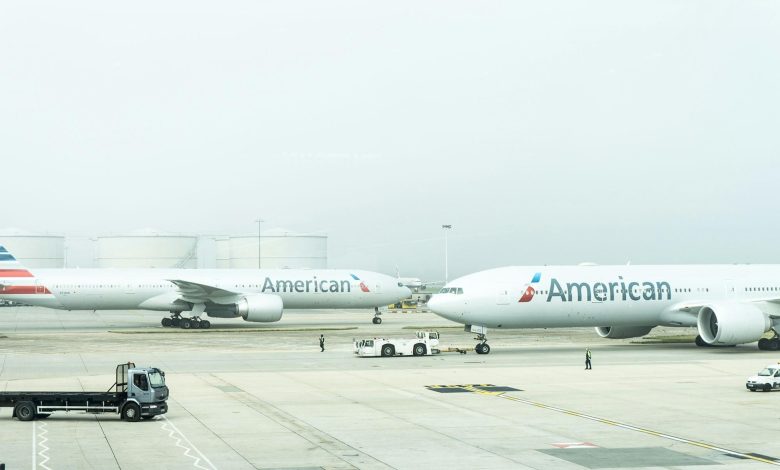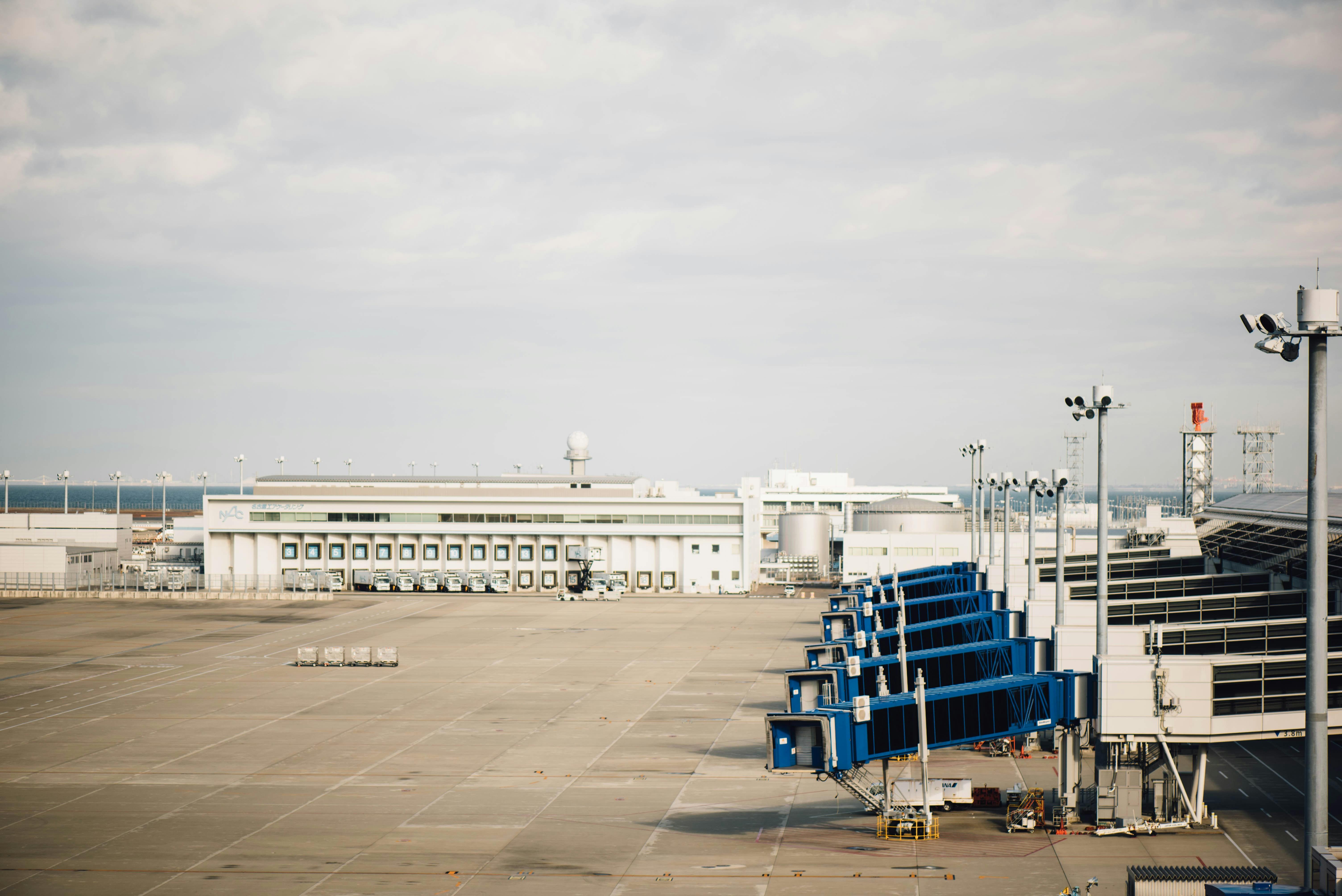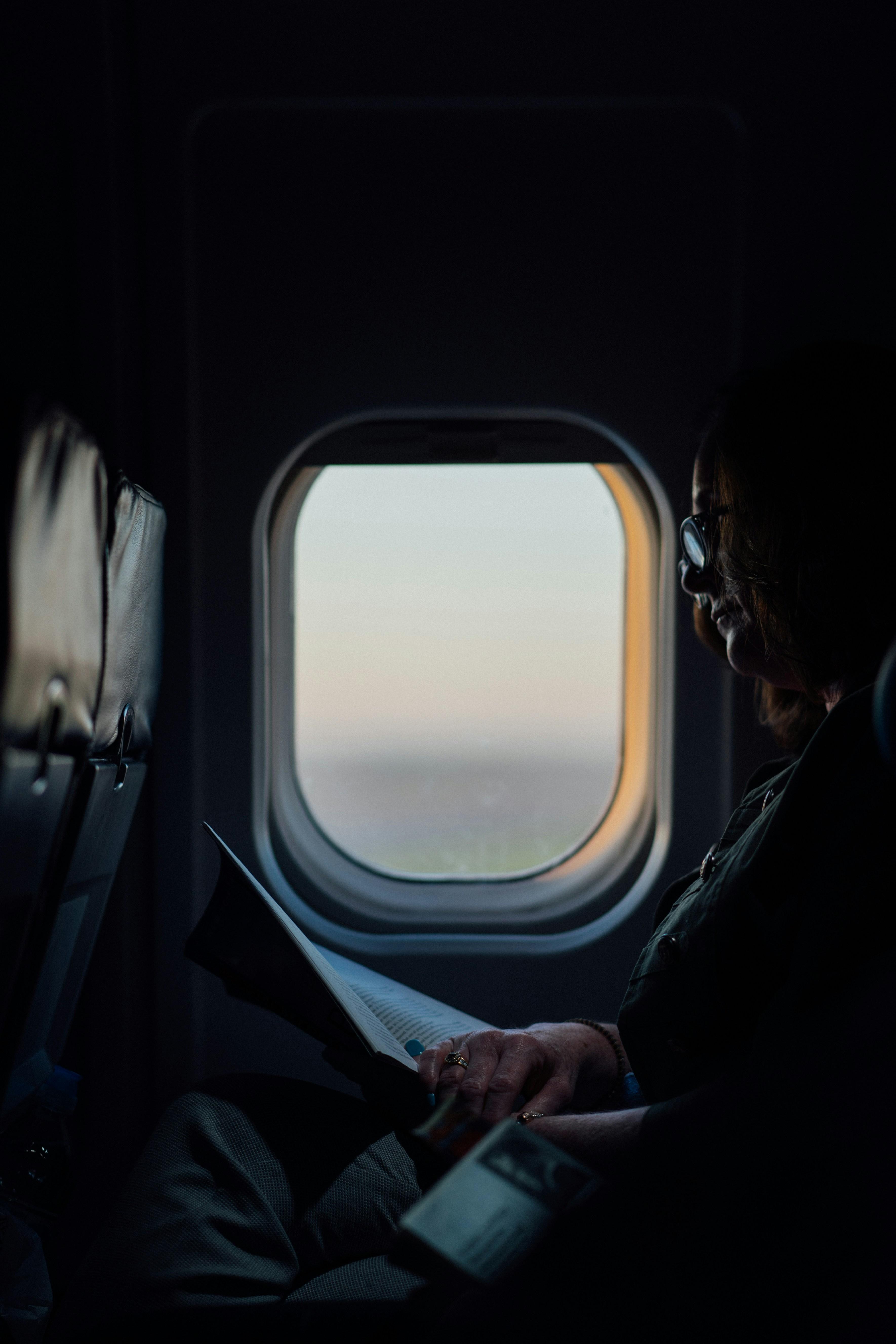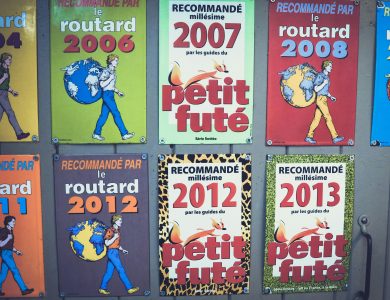
In the fast-paced world of air travel, promotions and special offers have become a ubiquitous part of the marketing landscape. Airlines frequently advertise limited-time discounts and exclusive deals, aiming to capture the attention of potential travelers and encourage immediate bookings. While these promotions can offer genuine savings, they also raise questions about the tactics used to spur consumer action. This article explores whether airline promotions create a sense of false urgency among consumers, examining the psychological strategies employed and their impact on purchasing decisions. By understanding these mechanisms, travelers can make more informed choices, balancing the allure of a great deal with the realities of their travel needs and financial plans.
Understanding the Mechanics of Airline Promotions
Airline promotions are a complex blend of marketing strategies and psychological triggers designed to capture consumer interest and drive immediate action. At the heart of these promotions is the concept of urgency, often engineered through time-sensitive offers and limited seat availability. This perceived scarcity can compel potential travelers to book flights quickly, even if they had not planned to do so. Airlines utilize several tactics to create this urgency, such as:
- Flash Sales: Short-term discounts that encourage rapid decision-making.
- Countdown Timers: Visible timers on booking sites that pressure consumers to act before time runs out.
- Limited Inventory Alerts: Notifications that indicate only a few seats remain at the promotional price.
These strategies play on the fear of missing out, a powerful motivator in consumer behavior. However, it’s crucial for consumers to discern whether the urgency is genuine or artificially constructed. Airlines often have complex algorithms that adjust prices based on demand and booking patterns, making it challenging to determine the authenticity of the urgency. Being aware of these mechanics can help travelers make more informed decisions and avoid the trap of impulsive bookings driven by seemingly urgent promotions.
Analyzing the Psychological Impact of Limited-Time Offers
In the competitive world of airline promotions, the psychological tactics employed are as crucial as the discounts offered. Limited-time offers tap into a basic human instinct—the fear of missing out (FOMO). This tactic leverages the scarcity principle, making customers feel as though they must act quickly to avoid losing out on a perceived deal. Such urgency can lead to impulsive buying decisions, even when the need for travel isn’t immediate. Understanding this, airlines craft their promotions to create a sense of exclusivity and urgency, compelling customers to commit faster than they might otherwise.
The psychological impact of these strategies can be observed in several ways:
- Decision Paralysis: When faced with a ticking clock, consumers may experience stress, leading to rushed decisions.
- Impulse Buying: The urgency can trigger purchases that are more emotionally driven than rational.
- Regret and Buyer’s Remorse: After the excitement fades, customers may question their decision, especially if they realize they could have waited for a better offer.

Evaluating the Effectiveness of Urgency in Consumer Decision-Making
- Scarcity Tactics: Airlines often employ scarcity tactics by highlighting limited seat availability, which can spur consumers into making hasty decisions. When a consumer perceives that a deal might disappear, they are more likely to make a purchase to avoid missing out. This psychological trigger can be powerful, driving up sales and increasing revenue for airlines. However, the effectiveness of these tactics can vary depending on how transparent the airline is about the actual scarcity of the offer.
- Time Constraints: Another common strategy is the use of countdown timers or flash sales, which create a sense of urgency by imposing a time limit on the decision-making process. This can lead to quicker purchases as consumers rush to secure a deal before it expires. While these methods can boost immediate sales, they may also lead to buyer’s remorse if the consumer feels pressured into making a decision without adequate consideration. Ultimately, the balance between genuine urgency and perceived pressure is crucial in maintaining consumer trust and ensuring long-term customer satisfaction.

Strategies for Making Informed Decisions Amid Promotional Tactics
When faced with airline promotions that seem to pressure you into quick decisions, it’s crucial to apply a set of strategies to ensure your choices are informed rather than impulsive. Start by evaluating the terms and conditions of the promotion. This involves reading the fine print carefully to understand any restrictions, such as blackout dates or limited destinations, which can significantly impact the perceived value of the offer. Additionally, compare the promotional price against regular fares over a period using fare comparison tools. This helps in determining whether the deal is genuinely a bargain or merely a marketing tactic.
Consider these strategies to navigate promotional tactics effectively:
- Set a Budget: Before even encountering promotions, have a clear idea of what you’re willing to spend. This prevents overspending based on perceived savings.
- Research Alternatives: Look at other airlines or travel dates. Sometimes, the urgency created by a promotion can blindside you to better options.
- Check Customer Reviews: Promotions often highlight the positives, but understanding the experiences of other travelers can offer insights into potential drawbacks.
- Stay Updated: Sign up for fare alerts and newsletters. This keeps you informed about upcoming promotions, allowing you to plan rather than react.
By implementing these strategies, you can balance the excitement of a promotional offer with the assurance that your decision is grounded in research and financial prudence.



